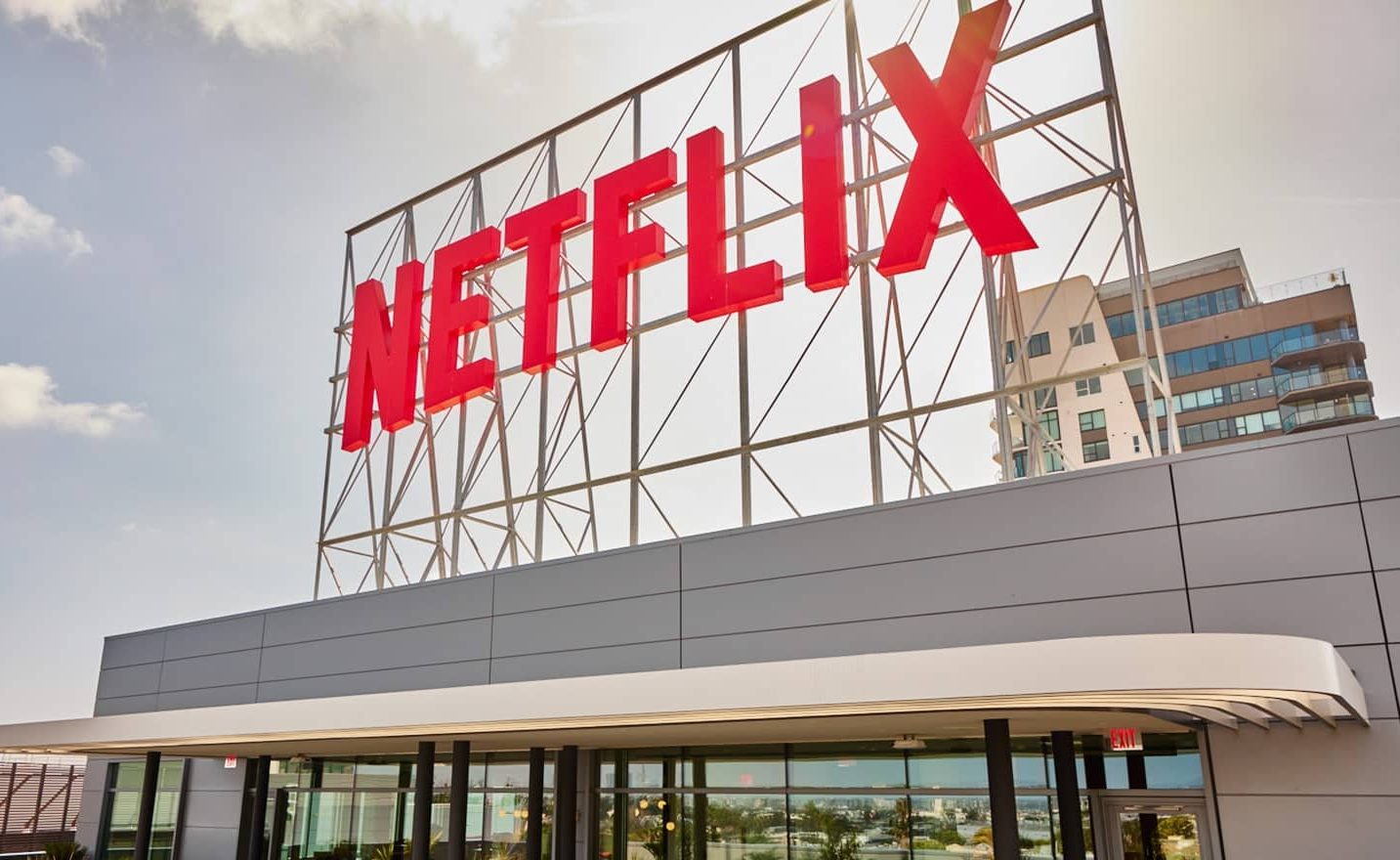The role and importance of sports to Netflix was hardly in debate anymore, but the power of the programming was fully confirmed in the company’s fourth-quarter earnings.
The streaming giant said late Tuesday that it now has 301.6 million global subscribers, up from 282.7 million in October, and that it generated a 16% lift in revenue to $10.2 billion. Net income roughly doubled from the comparable period in 2023 to nearly $1.9 billion. The subscriber increase, more than double what analysts expected, is the single-largest quarterly gain in company history.
Netflix’s fiscal fourth quarter was highlighted by two major events, both in sports: its entry into live NFL games with a Christmas Day doubleheader, averaging more than 24 million average viewers, according to Nielsen data, and a Jake Paul–Mike Tyson boxing match that, according to somewhat-debated internal metrics, attracted more than 60 million households around the world.
Both were historic for Netflix, as the boxing match is the company’s most-streamed sporting event ever, while the Christmas Day NFL showcase still represents the league’s most-streamed games—even beating a recent playoff matchup shown on Amazon.
Now into 2025, the Netflix sports push continues, particularly with the start of live streaming of WWE’s Raw and the recent acquisition of rights to the FIFA Women’s World Cup.
“We’re not focusing on acquiring rights to large regular-season sports packages; rather, our live strategy is all about delivering can’t-miss, special-event programming,” Netflix said in a letter to shareholders. “Although our live programming will likely be a small percentage of our total view hours and content expense, we think the eventized nature will result in outsized value to both our members and our business.”
This quarterly report is set to be the last from Netflix in which it will disclose subscriber totals, opting instead to focus on other metrics, and reporting updated subscriber counts as key milestones are crossed. Even without those particular totals each quarter, though, the company remains a dominant force in streaming. The company also rolled out price increases across most of its plans, with individual tiers generally rising by $1 to $2.50 per month.
Investors cheered the latest results, sending Netflix stock up by more than 13% in after-hours trading late Tuesday. The company’s shares have already soared by nearly 80% in the last year.


![[US, Mexico & Canada customers only] Jan 25, 2026; Taipei, TAIWAN; Alex Honnold free solo climbs Taipei 101.](https://frontofficesports.com/wp-content/uploads/2026/01/USATSI_28081468_168416387_lowres-scaled.jpg?quality=100&w=1024)














